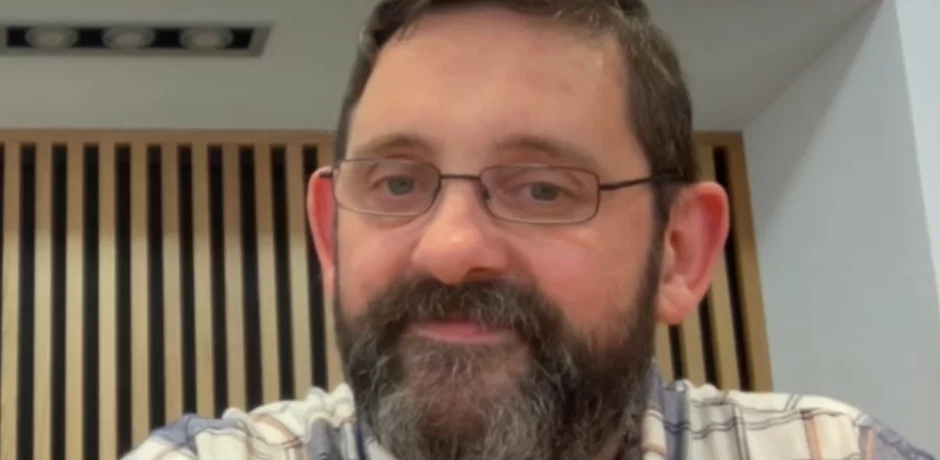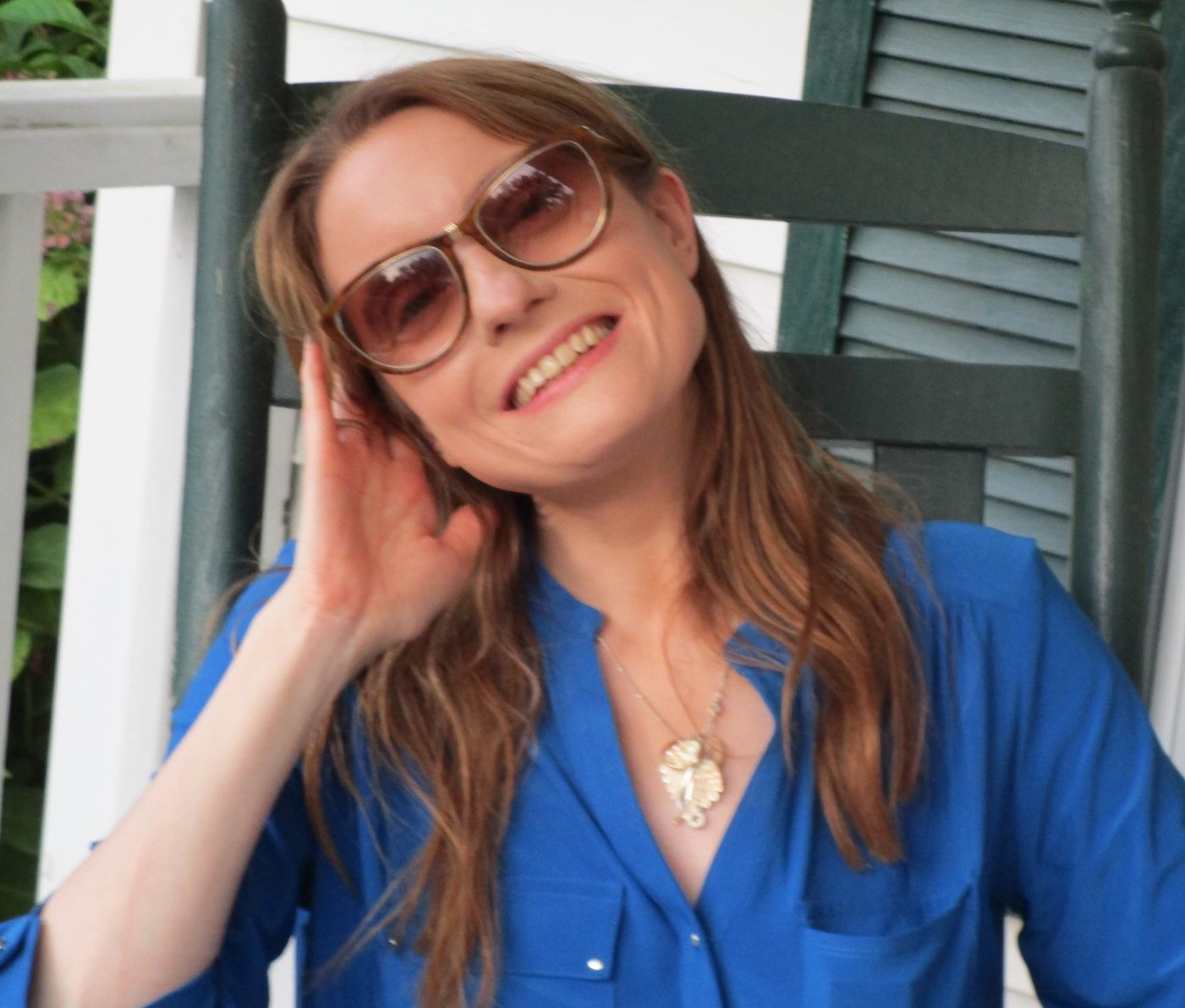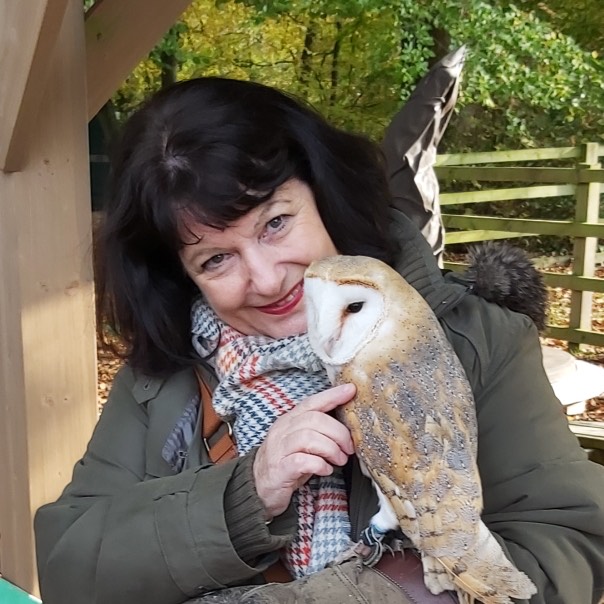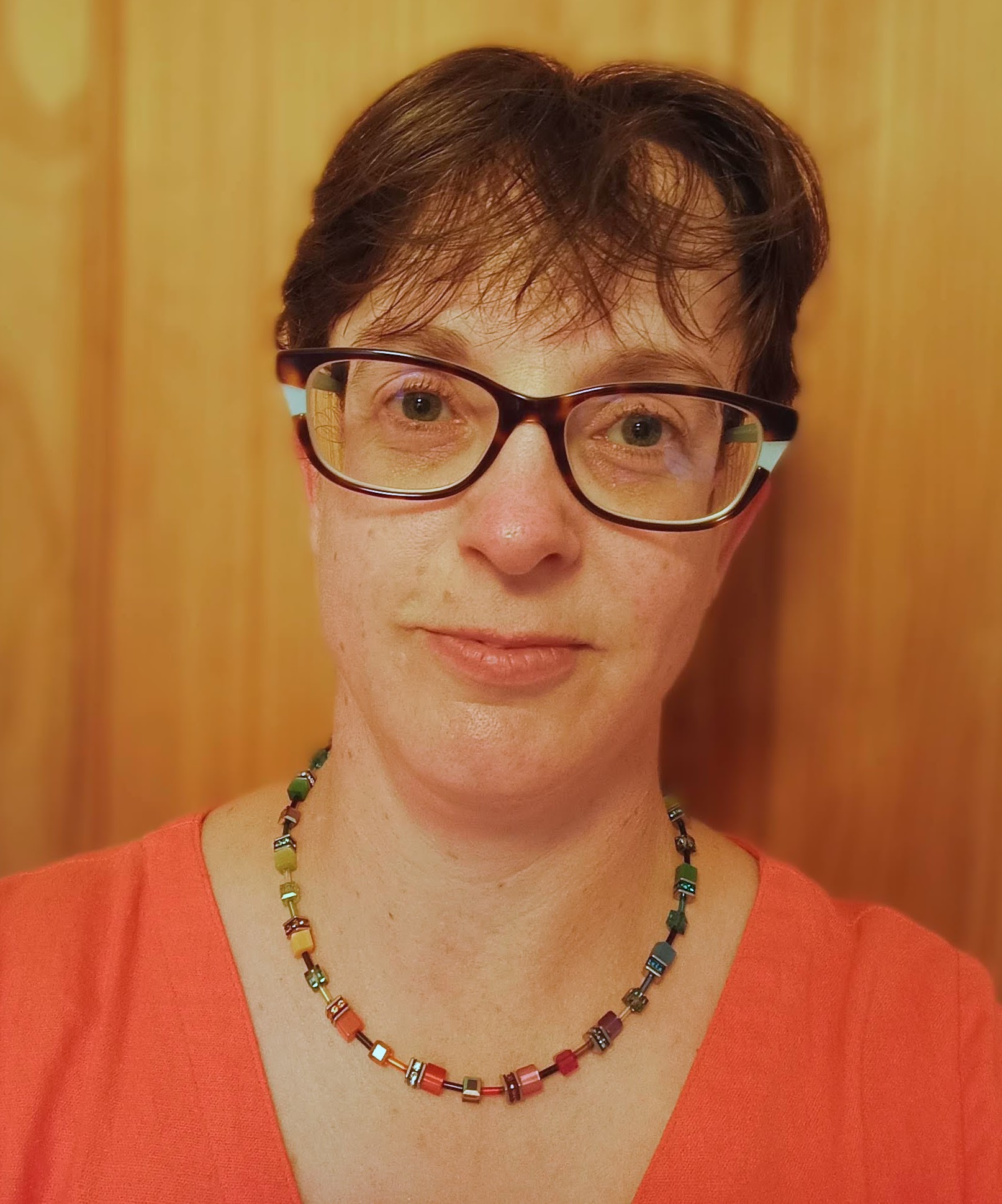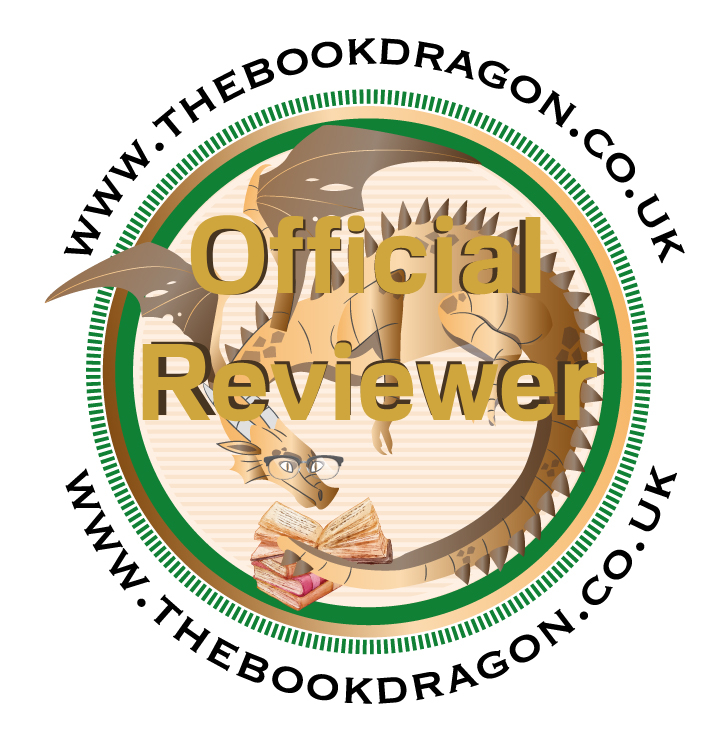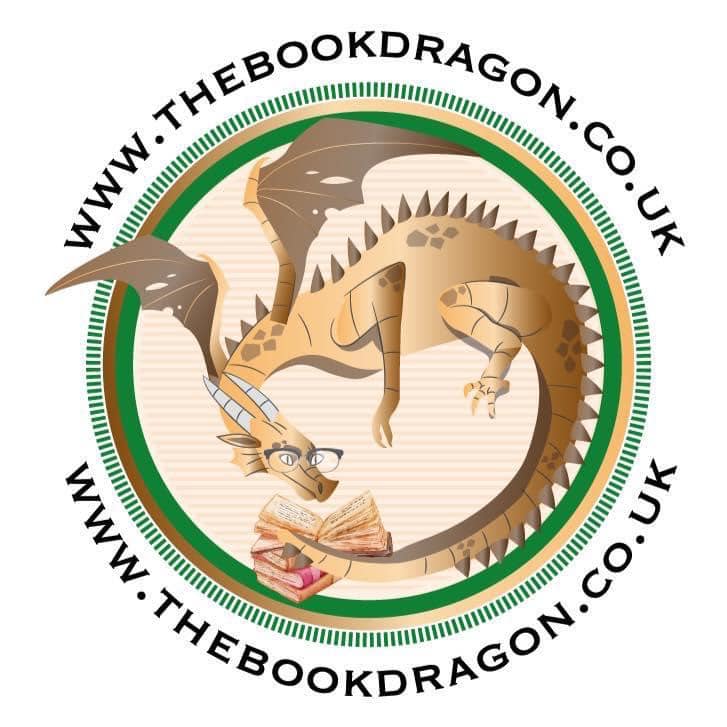The Way of Emotion Book Tour
Cover Blurb
The Way of Emotion is a manual of emotion and a guide to spiritual enlightenment. If you are a truth seeker and scientifically minded, you will not be disappointed.
Other Titles By the Author
Chris T.
Author Bio
Chris T was born in 1978, 33 years after the great invocation that was given to humanity and at the age of 33 in 2012, he became an enlightened master. These teachings are a testament to what he discovered on the path of solar initiation, but this time his teachings are not shrouded in allegory or fables, but rather in black and white for everyone to see. The Way of Emotion is a manual of emotion and a practical guide to spiritual enlightenment. If you are a truth seeker and scientifically minded, you will not be disappointed. This book offers insight into the causes of suffering and how to overcome it. Spiritual Psychology fuses spirituality and psychology together as one unified whole revealing to us the mysteries of the soul.
The Book Tour
Day 1 - Favourite Quotes
Day 2 - Character Summaries
This was a fascinating book to read. The section I most connected with in the book was Sadness. Sadness is often seen as a negative emotion and indeed, the feeling is a tough one to experience. This chapter explores how it can be a necessary emotion however. It discusses how sadness can be a release and a chance to rest before new challenges ahead. In these times people may become more quiet or withdrawn, which could be seen as a way to conserve energy in this period. The chapter states the important part tears can play in dissolving and regulating negative emotions we experience. Crying can reduce stress. This was of interest to me, as people are often told to stop crying, when it may be exactly what they need to do to feel better faster. I appreciate all the research and effort that has gone into creating this book. (Michelle Marshall)
My favourite parts of this book are the pictorial summaries where the author has created very simple coloured diagrams to illustrate what has just been discussed. The use of colour to highlight the different emotions helps the reader to follow which are the ying-and-yang emotions, and overall to garner a better understanding, as the book progresses and the information within each diagram is added to. Very clever! Such as with ‘The input and output cycles of emotion’, which involves information that is more of a scientific nature, but can still be readily understood. (Yvonne Marrs)
Day 3 - Favourite Excerpts
When we are emotionally excited the brain fills in the missing gaps and our rationality diminishes. Excitement magnifies the object of desire into something bigger than it actually is and we are often let down by things as they do not live up to our expectations of what we imagined them to be. (Andrew Oyston)
Sex is nature’s built-in addiction mechanism that ensures members of the opposite sex seek each other out for the purpose of procreation. It is through the addictive nature of the brain that mating partners become dependent on one another long enough to rear the next generation to ensure the survival of the species. The paragraph helps to get under the skin of human behaviour and also what is a weakness in terms of addiction. (Niall McKay)
Day 4 - Video Interview
Day 5 - Reviews
Overall Rating: 4 Stars. A well written account of the Human Condition from an enlightened source. A must read for students of Human Biology and Psychology. (Andrew Bell)
Overall Rating: 4 Stars. The Way of Emotion is a manual, a guide to spiritual and emotional wellbeing with a basis set in science and esoteric learning. It is probably best read in chapter sized snippets, not only to take a break from the author’s overly scholarly style but also to digest, ruminate and understand the intriguing and quite insightful points raised in each chapter. This is an interesting book on a subject that could be easily mocked by those dismissive of the topic, but as a guide to why a person feels how they feel, it does tackle various emotions in an organised manner. The author backs up the spiritual side of their discussion with scientific knowledge (and a very comprehensive bibliography), and there is much to consider in this well written tome. Worth a read even if you only have a passing interest. (Andrew Oyston)
Overall Rating: 4 Stars. I must admit that I found this book tough going at first. It took me several attempts to get into it, but once I did, I found it fascinating. As someone who comes from both a background of Christianity and science, I thought the author’s ability to blend the two together was admirable. The book explores the emotions and the effects these have on the body and mind, which is something I also believe in. As a former nurse, I have certainly seen many cases where the mental and emotional state of patients has had an impact on their health. I don’t agree with everything in the book, but it’s certainly thought provoking. I’d recommend it to anyone with an interest in both science and the more spiritual side of life. (Eileen Tilley)
Overall Rating: 4 Stars. This book focuses on emotions, but for me it was somehow a little lacking in them at times, taking a more textbook style approach. Layout wise, I would have liked to have seen one chapter explore both the negative and positive side of similar emotions, like sadness and happiness, so we could see the direct contrast. I would have also liked to see the author give some examples relating to his own life on how he overcomes certain emotions in his path towards enlightenment. I love reading books about spiritual enlightenment, without falling into the trap of focusing on one religion. Though I personally don't feel that this book would teach me to be enlightened, I did enjoy reading the author's take on it and admire all the work that has been put into creating this fascinating book. (Marc-Andre Pilon)
Overall Rating: 4 Stars. As someone who has read a great deal of books on psychology and spiritual enlightenment, I was intrigued to find out what the author would have to say. I found the book to be an interesting exploration of human emotions and the part they have to play in our experience. The inclusion of diagrams and tables was helpful and I enjoyed the comparison between different emotions and how they affect us both mentally and physically. From the author’s name, I was wondering if it would be heavily focused on Christianity and although there were certainly elements of this (as well as other religions), it was presented more as a work of psychology or scientific research. (Michelle Marshall)
Overall Rating: 4 Stars. The book is well-structured, thought provoking and insightful. The complex web of emotions that we feel as human beings is difficult to explain but the author does this well. Particularly, describing emotions in terms of balance and how for every positive emotion there is an opposing negative emotion. The diagrams used throughout the book help to explain the complexity in the context. Paragraphs repeat in terms of explanation, particularly when helping to explain the similarities and differences at an emotional level. This is done sufficiently to embed the concept with the reader. The concluding text is very much taken from a theological position which is ok. However, I would have liked to have seen a more balanced approach. The concept of emotional intelligence is not brought out explicitly in the text and this is possibly an opportunity missed. Overall, this is a well-structured and well-written book. The author successfully achieves their aim of providing deeper insight into emotional response and readers will benefit from this whatever their religious or scientific background. (Niall McKay)
Overall Rating: 4 Stars. As a guide, this is a very involved book about spiritual enlightenment. It is not 'preachy' as other books are, and is written as if the author is speaking to the reader directly. 'The Way of Emotion' is full of information that a person with an understanding of how emotions connect to health can actively use. (Yvonne Marrs)
Book Tour Reviewers
